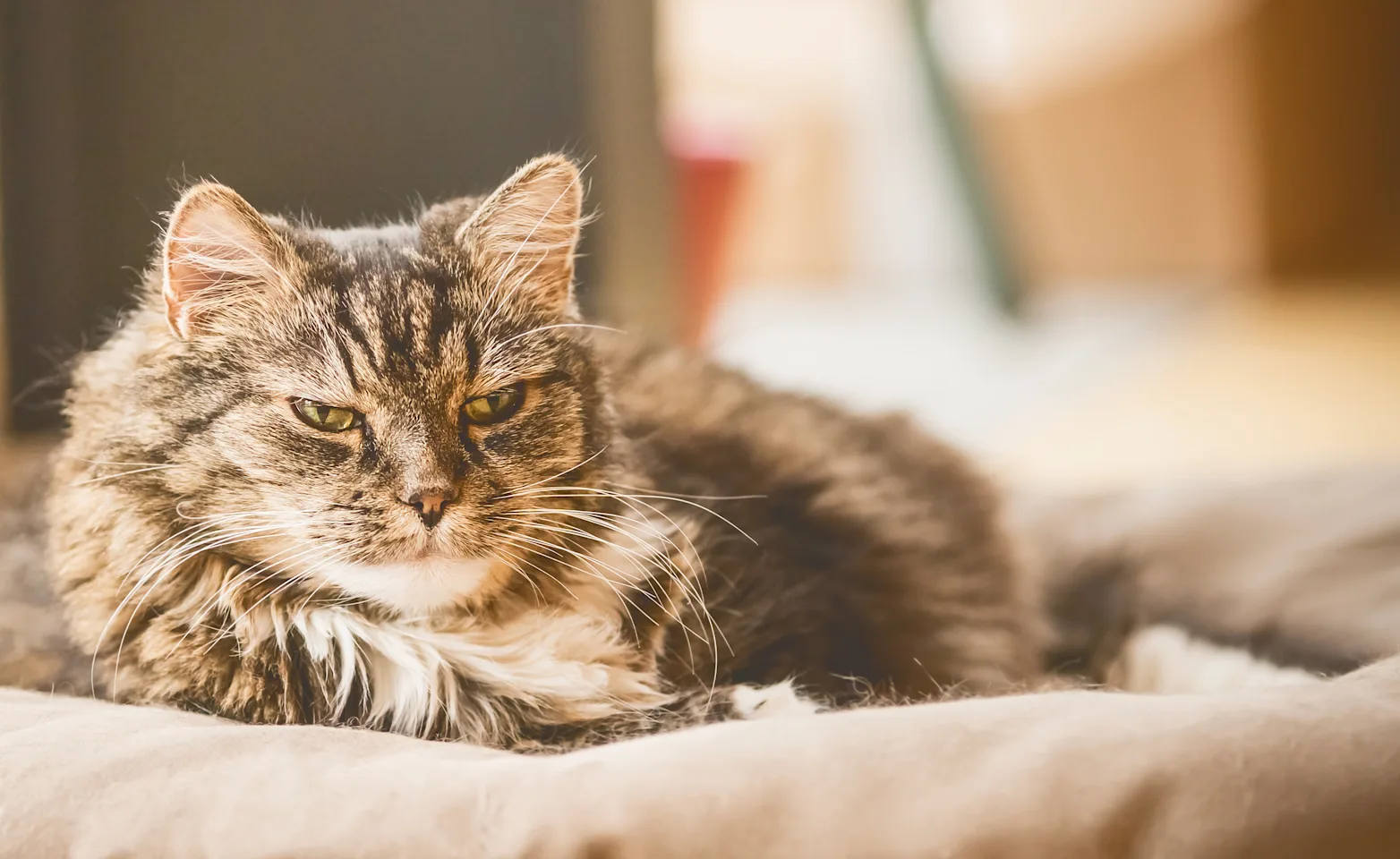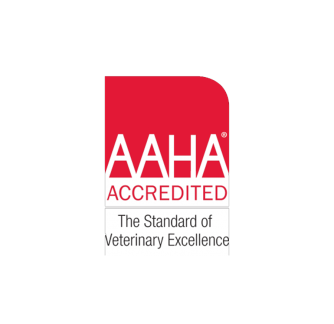Southern Rockies Animal Emergency & Specialty

Radioiodine Therapy For Cats in Colorado Springs
If your cat shows signs of an overactive thyroid—the medical term is hyperthyroidism—it’s important to know that Southern Rockies offers a safe, effective treatment to help restore your cat’s good health. It’s called radioiodine therapy, and it’s considered the best option for curing hyperthyroidism.
Call us at (719) 473-0482 to discuss is cat radioiodine therapy is right for your pet.
What is hyperthyroidism?
Hyperthyroidism is a condition that affects some older cats when the thyroid gland begins to produce too much thyroid hormone. As a result, your cat’s metabolic rate shifts into overdrive, causing such symptoms as:
Weight loss
Increased appetite
Restlessness
Increased water consumption
Matted or greasy fur
Fast heart rate
Vomiting
Diarrhea
Left untreated, hyperthyroidism damages a cat’s organs and body systems and can cause heart failure.
How does radioiodine therapy work?
Radioactive iodine (a substance called I-131) therapy is a minimally invasive alternative to performing surgery on your cat’s thyroid gland or giving your cat medication every day. Best of all, 98% of cats are cured of hyperthyroidism with just one I-131 injection.
The thyroid gland is the only gland or organ in the body to naturally use iodine. As a result, when radioactive iodine is injected into the body, it goes right to the thyroid gland. Once there it’s absorbed by the hyperactive thyroid cells, destroying them. It doesn’t travel anyplace else in the body or affect any nearby healthy structures.
Any radioactive iodine not taken up by the thyroid gland is naturally eliminated through urine and feces within a few days after treatment.
What does radioiodine treatment involve?
After the injection is given, federal law requires that your cat spend a minimum of 96 hours (4 days) in isolation until the I-131 is excreted from their system and they can safely return home. For your safety, no visits are permitted during this time.
Your cat will not be alone during this time, however! Wearing protective clothing, the doctor will examine your pet each day and track therapy progress, and our staff will feed and groom your cat, and provide daily interaction and stimulation.
You’ll receive daily updates from the doctor or a veterinary technician. In addition, the doctor is always available to consult with you and your referring veterinarian during your cat’s hospitalization and at any point after discharge.
What happens when my cat comes home after radioiodine therapy?
Your cat can be discharged when they are emitting no more than a “background” level of radiation. This means that if you’re standing about 3 feet from your cat, you’ll be exposed to radiation levels similar to standing outside on a sunny day.
For your safety and that of anyone in your household, we recommend that you take the following precautions for a two-week period following your cat’s discharge from the hospital:
Keep your cat indoors or in an enclosed area to avoid contaminating the environment
Avoid prolonged physical contact with your cat; limit it to two 10-minute sessions daily during the first week home, then you can increase it to 20 minutes per session the second week
Children under 18 years of age, pregnant women, or people with compromised immune systems should have no contact with your cat during this time
Do not let your cat sleep in bed with you or any human in the home
Always wash your hands after contact with your cat
Urine and feces are considered radioactive waste during this time. Wear rubber or latex gloves when cleaning the litter box and disposing of litter. Soiled litter should be disposed of daily in a plastic bag, then placed in an outside receptacle.
While human interaction must be minimal, your cat is not a danger to other feline housemates during this time
Cats that share litter boxes may continue to do so but all urine and feces should be considered radioactive and disposed of properly
If home care as we’ve described isn’t possible, Southern Rockies offers boarding services at regular boarding fees
You may resume normal activities after this two-week period.
The advantages of radioiodine therapy (I-131)
If you’re considering radioiodine therapy for your cat, it’s important to know:
This therapy eliminates the need to give your cat a daily pill
This one-time procedure is more economical than surgery or daily medication
No anesthesia is required
Normal thyroid tissue isn’t affected
Your cat’s thyroid function returns to normal within a few weeks; in fact, 85% of treated cats will have a normal thyroid level within 30 days
98% of hyperthyroid cats are cured forever after one radioiodine treatment
How do I know if my cat is a candidate for radioiodine therapy?
Ideally, your cat should have no major heart, kidney, gastrointestinal or endocrine disease, and is not aggressive in nature. Because most patients for this treatment are middle- to older-aged cats, they often have other health conditions, so we’ll conduct a comprehensive evaluation before recommending this treatment.

